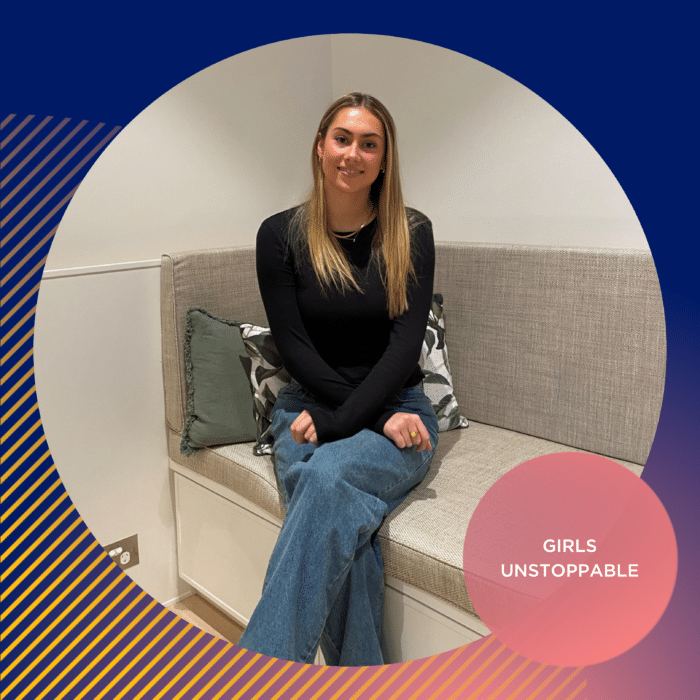In an article in The Age, on 23 July 2022 by Sue White, Year 11 student Jess shares her experience landing her first job. Read more below.
Sectors such as hospitality and retail – both popular with people seeking their first job – are hungry for workers. Not only does this make it easier to land a job, but jobseekers might discover there are also more opportunities than expected to grow within the organisation.
But a first job doesn’t need to link to a future career, says Kate Furey, a career insights specialist at Indeed. “It’s about gaining experience, showing that you’re reliable, learning how to communicate well with your manager, colleagues and customers, and getting a sense of what a structured work environment is like,” Furey says.
Applicants should consider their interests and passions as well as the type of environment they thrive in – whether they’re good at interacting with customers, working independently or doing physical work – and narrow their choices down from there, she says.
“Everything seemed so uncertain, and the rules on what you could do kept changing, and I worried about working in a mask. I was nervous that we would go back into lockdown,” the Year 11 student says.
Findlay started by targeting a homewares store she liked, offering her resume over the counter.
“I talked briefly to a manager who said they had filled the floor positions. But she was keen to see if they could find something for me as she didn’t want to lose me,” Findlay says. “She asked me basic questions like ‘what’s your availability?’, ‘have you had any experience?’ and ‘why do you think you would be a suitable person for this role?’. She was interested in the fact that I had a food safety certificate, completed as part of a program at my school.”
By the time the formal interview followed a few days later, staff changes meant Findlay was offered a role on the floor of the homewares store – a good match given she is interested in a career in interior design. Findlay’s personality helped, too.
“I am very much a people person and I like meeting and talking to adults, so I think that was helpful,” she says.
Furey suggests it’s important not to panic if your first resume has a big gap under “work experience”.
“There are other ways to communicate your enthusiasm and suitability for the role,” she says. “Talk about your skills; both technical and soft skills such as communication, problem-solving, creativity and adaptability. Provide examples of when you’ve demonstrated these skills and the outcomes achieved where relevant.”
Furey also advises mentioning your interests or favourite subjects at school, as skills such as coding or a love of graphic design might prove useful to an employer, even if they aren’t specifically required. Awards and achievements (whether related to sports, community work or education) should also be highlighted.
“All of these demonstrate hard work and commitment,” Furey says.
It’s important not to become discouraged if you aren’t landing the roles you want. Instead, get proactive.
“Try asking for feedback from the person who interviewed you,” Furey says. “Show your resume to family, friends or someone trusted like a teacher to see if they have any constructive feedback, and practice interview questions with them, too.”
When you do get there, give yourself some credit.
“Getting your first job on your CV is a big career milestone and one that should be celebrated,” Furey says.
Sue White, The Age


